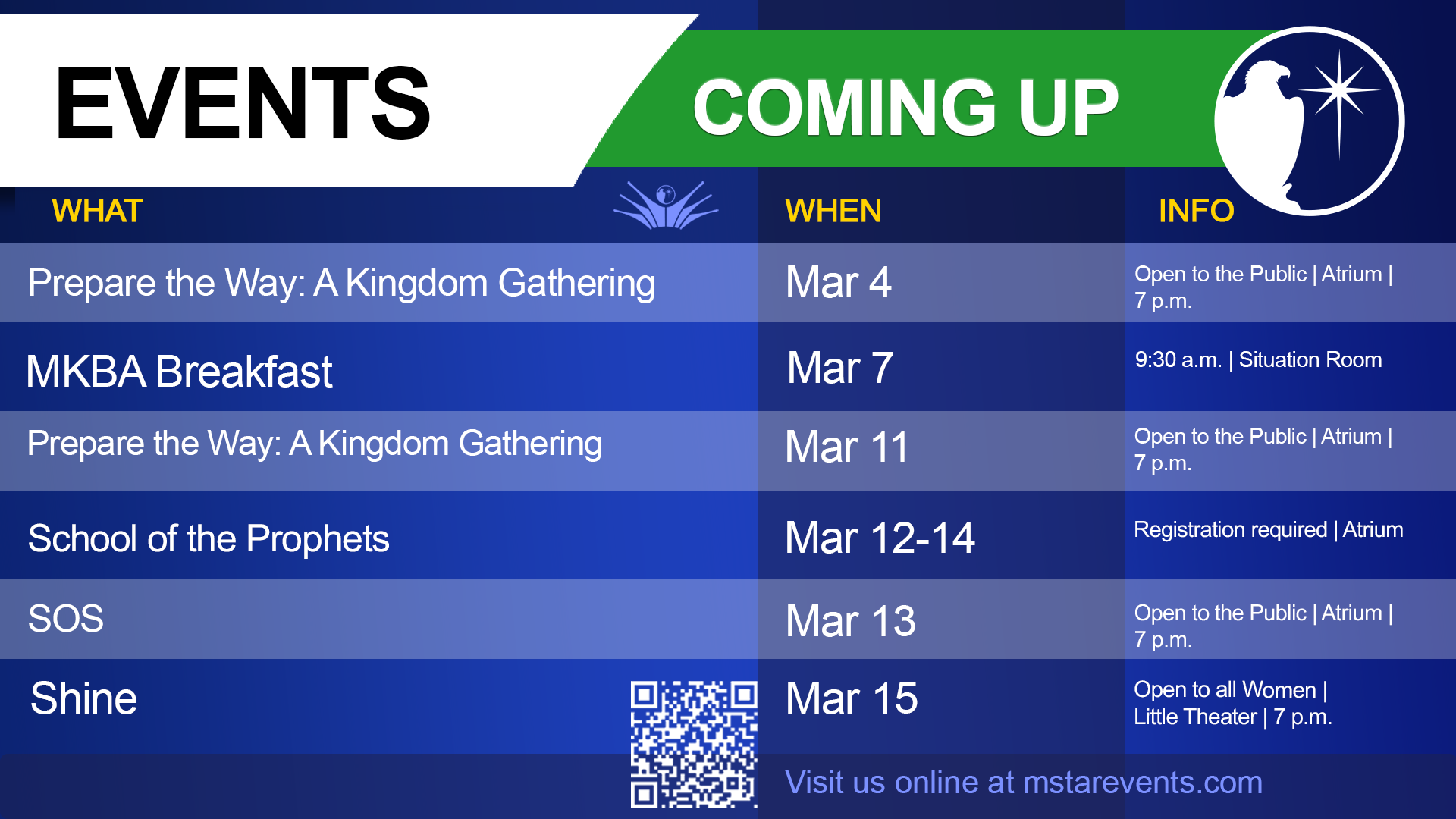Since President-Elect Donald Trump first announced his intent to run for U.S. President in 2015, he has been one of the most hated people of our time, even by many who for decades had claimed to be his friends. Still, he shocked the world and won the office. Then, he became perhaps the most embattled president of all time.
When he was removed from office in 2020, the battles against him did not stop. Prosecutors on all levels filed charges that would not likely have been considered legal if they were not against him. His enemies were intent on either putting him in prison or the grave, and one or the other seemed likely. They used the resources of the U.S. government in every way that could be devised to persecute him.
Now, it seems that he has prevailed. Let’s hope so, but we must not quit praying for him. Keeping him alive until the inauguration will likely keep a legion of angels busy. He’s taken on the job of trying to bring order and peace to a world falling apart. He’s facing crises on many fronts that are beyond human remedy, or human wisdom, to fix.
Trump is a multibillionaire. He could have been living a luxurious life that made kings jealous. Instead, he risked his entire fortune, his personal freedom, and even his life as they tried to imprison him, and then kill him, repeatedly. Still, Trump would not quit. He never backed down. Have we ever witnessed a fighter like this?
Regardless of what Trump accomplishes in this term, he himself is an example of what we all have to be to make it through these times—fighters who will never give up. Before the gunshot that came so close to taking his life in Pennsylvania, Trump believed he had a mission to save our country. After that day, he did not just believe this; he knew it.
There is a difference between believing and knowing. Years ago, as a part of a documentary, I was able to spend a day dialoging with a man considered the top mathematician and physicist of our time. At the break, I was looking forward to asking him some questions about quantum physics and quantum mechanics, but before I could ask a question, he said he wanted to ask me about God. I asked him if he believed in God. His answer shocked me.
He said, “I don’t believe in faith. I’m a scientist, and only believe in what I can prove. I don’t believe in God; I know there’s a God. I see Him every day.” I had to ask him how he related to God, and he again shocked me with his answer. He said, “I pray to Him continually.” So, I asked him what he prayed, and he replied with another remarkable answer. “I just thank Him,” he said, continuing talking about how wonderful God must be to have given us so much.
Then I asked the big question: “Do you know who you’re praying to?” He responded, “No.” So, I asked if he wanted to know, and he said, “Not really.” As many people are, I think he was confused about who God is because of religion. I encouraged him to ask God who He is and told him God would answer, which I have come to know He will do if we’re sincere.
Being a lover of God and a lover of true science, this encounter both encouraged and challenged me. We both felt that science was being corrupted by politicization, and I tried to explain to him how the same had happened to true religion. There are principles of science which, if followed, would keep science from being so corrupted. The same is true of our faith in God. When we start letting our politics color our faith in God instead of letting our faith in God determine our politics, both will be corrupted.
This is not about “the separation of church and state”—which, by the way, is not found anywhere in our Constitution. We also have an abundance of statements from the United States’ Founders that they did not think our republic could survive with the government involving itself in religion. Their very obvious intent was to keep the state out of religion, not to keep religion out of government. That is a discussion for another day, but it is right to have our faith influence our politics. However, our politics should not be a factor in our faith.
© 2024 Rick Joyner. All Rights Reserved.



